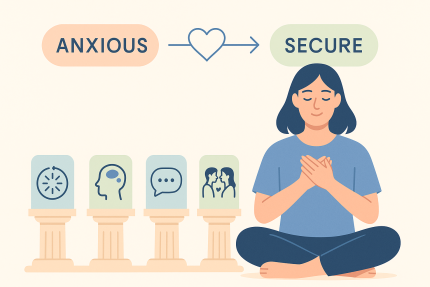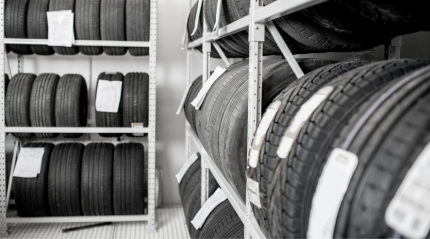The Ultimate Guide to Buying a Used Car: Tips, Tricks, and Pitfalls to Avoid
- 6 October 2022

Buying a used car can be a smart financial decision, but it can also be a daunting process. With so many makes, models, and sellers out there, it can be hard to know where to start. In this comprehensive guide, we'll provide you with tips and tricks to help you navigate the used car market and avoid common pitfalls.
Determine Your Budget
Before you even begin looking at cars, it's important to determine your budget. This will help you narrow down your options and prevent you from overspending. To determine your budget, take a hard look at your finances and determine how much you can afford to spend on a car. Be sure to take into account not only the purchase price of the car but also ongoing expenses such as insurance, maintenance, and repairs.
When determining your budget for a used car, it's important to be realistic and factor in all the associated costs. These costs include not only the purchase price of the car but also ongoing expenses such as insurance, maintenance, and repairs. It's a good idea to set a budget for the entire vehicle, including any financing costs, taxes, and registration fees. Once you've determined your budget, you'll be able to narrow down your options and focus on cars that fit within your price range.
Research Cars and Sellers
Once you've determined your budget, it's time to start researching cars and sellers. There are many online resources available to help you find the right car, including online classifieds, car review websites, and forums. You can also check with local dealerships and private sellers in your area. When researching sellers, be sure to read reviews and ratings from other buyers to ensure you're working with a reputable seller.
Researching cars and sellers is a crucial step in the buying process. There are many resources available online to help you find the right car, including online classifieds, car review websites, and forums. You can also check with local dealerships and private sellers in your area. When researching sellers, be sure to read reviews and ratings from other buyers to ensure you're working with a reputable seller. Additionally, you should research the specific make and model of the car you're interested in to learn about any common issues or concerns.
Inspect and Test Drive the Car
When you've found a car that meets your budget and requirements, it's time to inspect and test drive the car. This is an essential step in the buying process as it will help you determine the condition of the car and identify any potential issues. Be sure to check the exterior and interior of the car for any damage or wear and tear. Take the car for a test drive to see how it handles on the road and to listen for any unusual noises.
When inspecting a used car, it's important to take a thorough approach. Check the exterior and interior of the car for any damage, rust, or wear and tear. Look under the hood and inspect the engine and other components for any signs of damage or neglect. Take the car for a test drive to see how it handles on the road and to listen for any unusual noises. Be sure to pay attention to the brakes, steering, and suspension, as well as the overall driving experience.
Get a Vehicle History Report
Before finalizing your purchase, it's important to get a vehicle history report. This report will provide you with information on the car's title, ownership history, accident history, and more. A vehicle history report can help you identify potential issues with the car that may not be immediately visible during an inspection or test drive.
A vehicle history report is an essential part of the buying process. This report will provide you with information on the car's title, ownership history, accident history, and more. A vehicle history report can help you identify potential issues with the car that may not be immediately visible during an inspection or test drive. There are many online services available that can provide you with a vehicle history report for a small fee.
Negotiate the Price and Finalize the Purchase
Once you've completed all of the above steps, it's time to negotiate the price and finalize the purchase. This can be a tricky process, but with the right preparation and approach, you can get a good deal on your used car. Be sure to have a clear understanding of the car's value and any potential issues before entering into negotiations. Don't be afraid to walk away from a deal if it's not right for you.
Negotiating the price of a used car can be a tricky process. It's important to have a clear understanding of the car's value and any potential issues before entering into negotiations. You should also be prepared to walk away from a deal if it's not right for you. Once you've agreed on a price, be sure to finalize the purchase with a written agreement that includes all the details of the sale, including the purchase price, any warranties, and any other terms or conditions.
Conclusion
Buying a used car can be a great way to save money, but it's important to approach the process with caution and care. By following the tips and tricks in this guide, you'll be able to navigate the used car market with confidence and avoid common pitfalls. Remember to do your research, inspect and test drive the car, get a vehicle history report, and negotiate the price before finalizing your purchase. With a little bit of effort and patience, you can find the perfect used car for your needs and budget.




